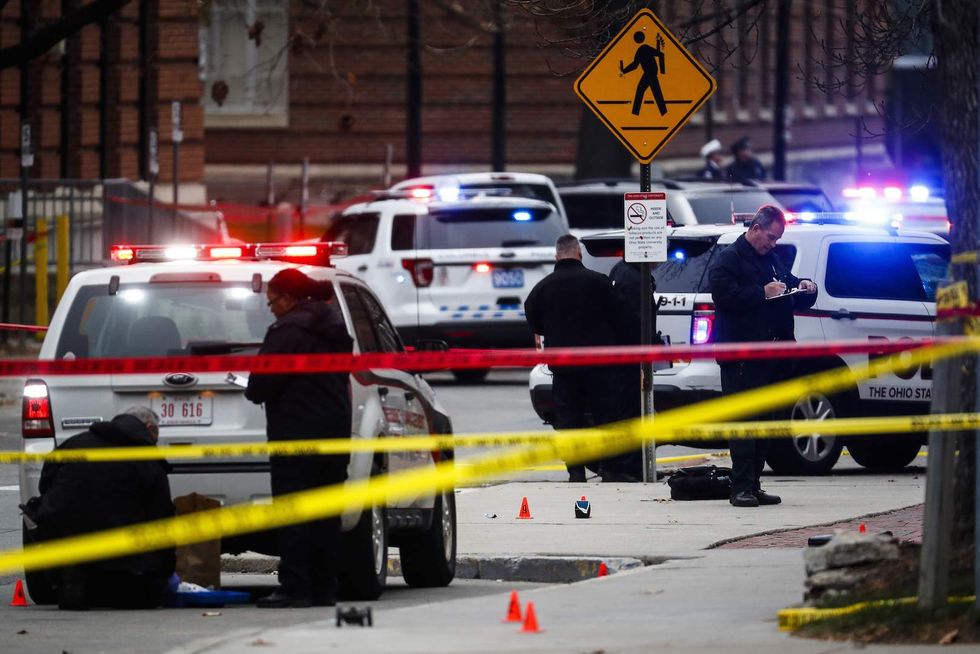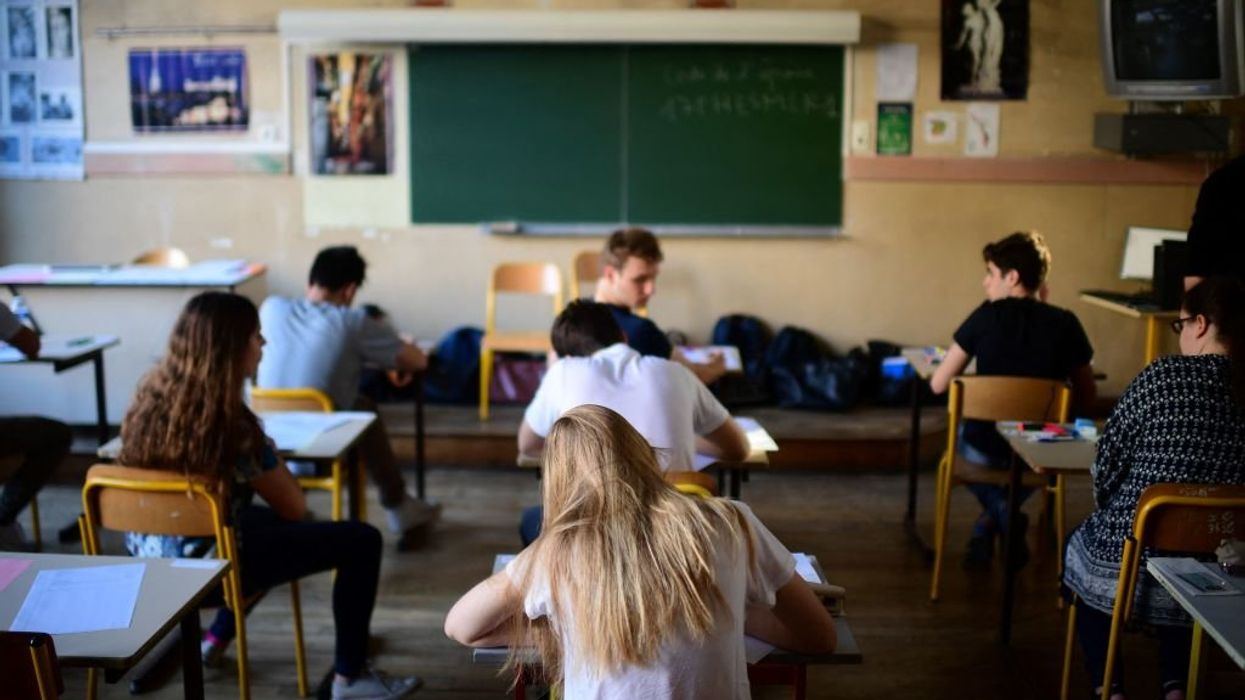The Ohio State University Middle East Studies Center is hosting a talk Monday on the “pernicious phenomenon” of Islamophobia, which comes three months after a Somali refugee plowed his car into a group of students and stabbed several of them with a butcher knife.
OSU's Middle East Studies Center is partnering with its Multicultural Center to host author Nathan Lean, whose book “The Islamophobia Industry: How the Right Manufactures Fear of Muslims,” is focused on Islam, Islamophobia, the Middle East, Muslim-Christian relations and other issues, Lean's website states.
His speech will evaluate Islamophobia’s "causes, consequences, and highlight some of the underlying dynamics that have animated it in recent history," the school's website page for the event states.
Lean apparently believes that “prejudice towards and discrimination of Muslims has reached a fevered pitch. Beyond blatant physical attacks or acts of vandalism, polls show that negative sentiment towards the followers of Islam runs deep, and has manifested itself in a range of ways.”
The author will attempt to offer insight on “how students, scholars, and members of [the] community at large can counter instances of prejudice and help realize a world that values pluralism and diversity,” the event page adds.
Alam Payind and Melinda McClimans, director and assistant director of the Middle East Studies Center at Ohio State, told The College Fix the event was intended to offer “multiple perspectives on the Middle East.”
“We consider it a normal academic exercise to create thoughtful spaces for discussion of controversial issues related to the Middle East and Middle Eastern cultures. This includes both prominent anti-Islamic views, and the issues of violent extremism. For example, after recent terrorist activities by al-Qaida, ISIL, Hamas, Taliban, and Alkhorasan, we produced several videos on jihadi extremist groups. And we are actively engaged with all branches of the military to educate officers, soldiers and sailors who are about to deploy,” they said in an e-mail to the new outlet.
In November 2016, Abdul Razak Ali Artan, an 18-year-old Somali refugee attending OSU, rammed his car into a crowd of OSU students and then got out and stabbed several of them. Eighteen people were injured and a Facebook post three minutes prior to the attack in which Artan expressed dismay at U.S. "interference" in other countries suggested that the rampage was a premeditated terrorist attack in the name of Islam.
The Islamic State later claimed responsibility for the attack.



